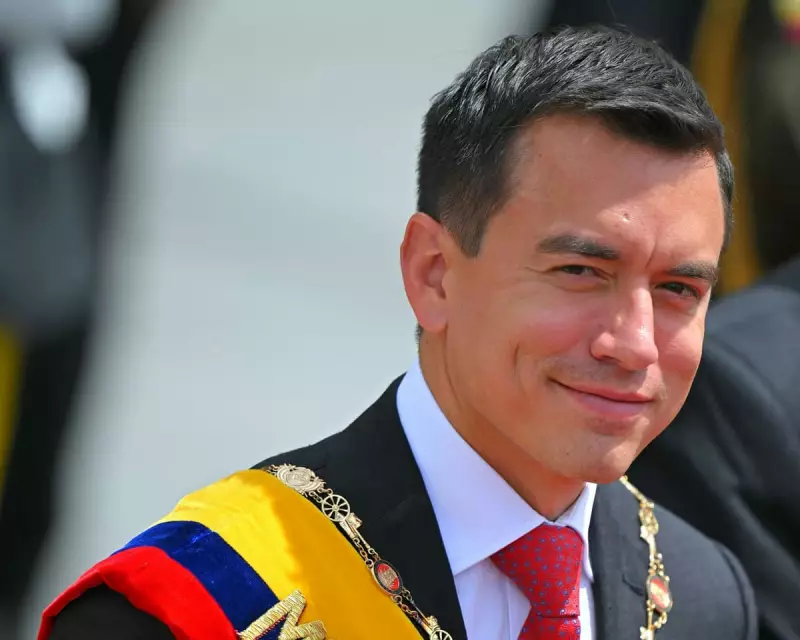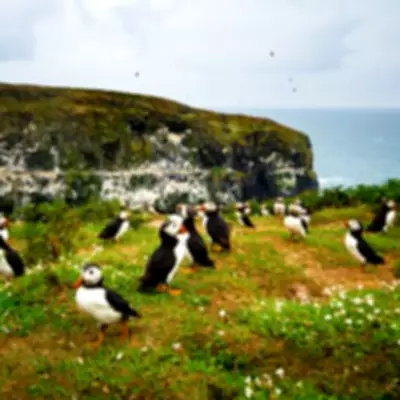
Indigenous communities and environmental defenders in Ecuador are facing what they describe as a coordinated campaign of state-sponsored intimidation and surveillance, creating a climate of fear among those opposing extractive projects in ecologically sensitive regions.
Systematic Harassment Campaign
Multiple indigenous organisations and environmental groups have reported alarming patterns of harassment, including increased police presence near their offices, vehicle tracking, and suspicious monitoring of their activities. The situation has escalated dramatically in recent months, particularly following protests against oil and mining operations in the Amazon rainforest.
Leaders Speak Out
Leonidas Iza, president of CONAIE, Ecuador's main indigenous federation, stated that the government appears to be targeting organisations that have been vocal in their opposition to resource extraction in protected areas. "We're witnessing a systematic effort to silence dissent through intimidation tactics," Iza revealed in an exclusive interview.
Environmental Concerns
The tension centres around Ecuador's plans to expand oil and mineral extraction, particularly in the Amazon basin where many indigenous communities reside. Environmental groups argue these projects threaten both biodiversity and indigenous territories, while the government emphasises economic development needs.
International Attention
Human rights organisations have begun documenting the alleged intimidation, with several international bodies expressing concern about the shrinking space for environmental activism in Ecuador. The situation echoes similar patterns seen in other resource-rich nations where environmental defenders face increasing pressure.
Government Response
While authorities have acknowledged increased security measures in certain regions, they deny targeting legitimate protest activities. Official statements emphasise the need to maintain order while protecting national economic interests.
The standoff highlights the ongoing tension between environmental protection and economic development in one of South America's most biodiverse countries, raising crucial questions about indigenous rights and environmental governance.





